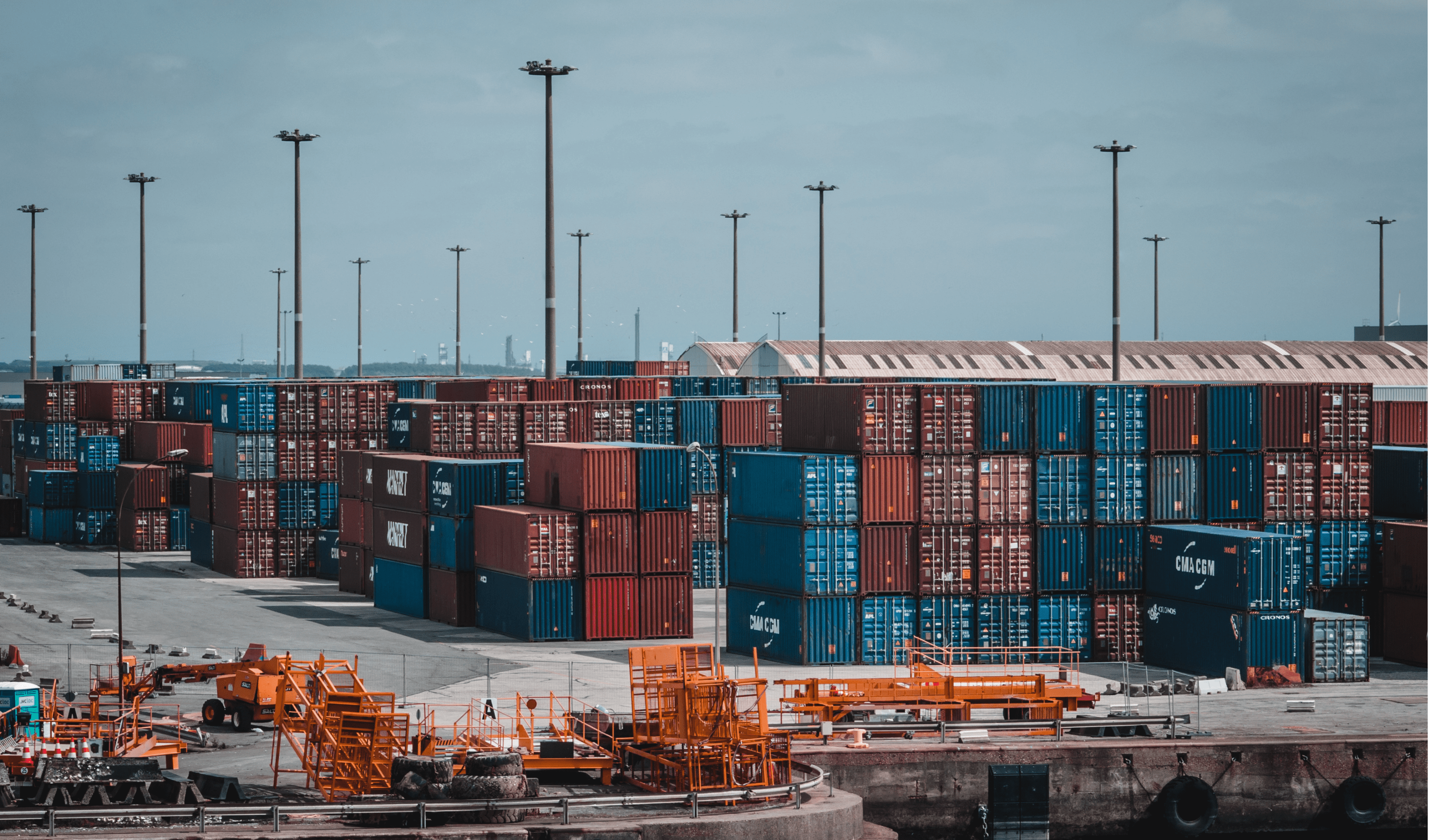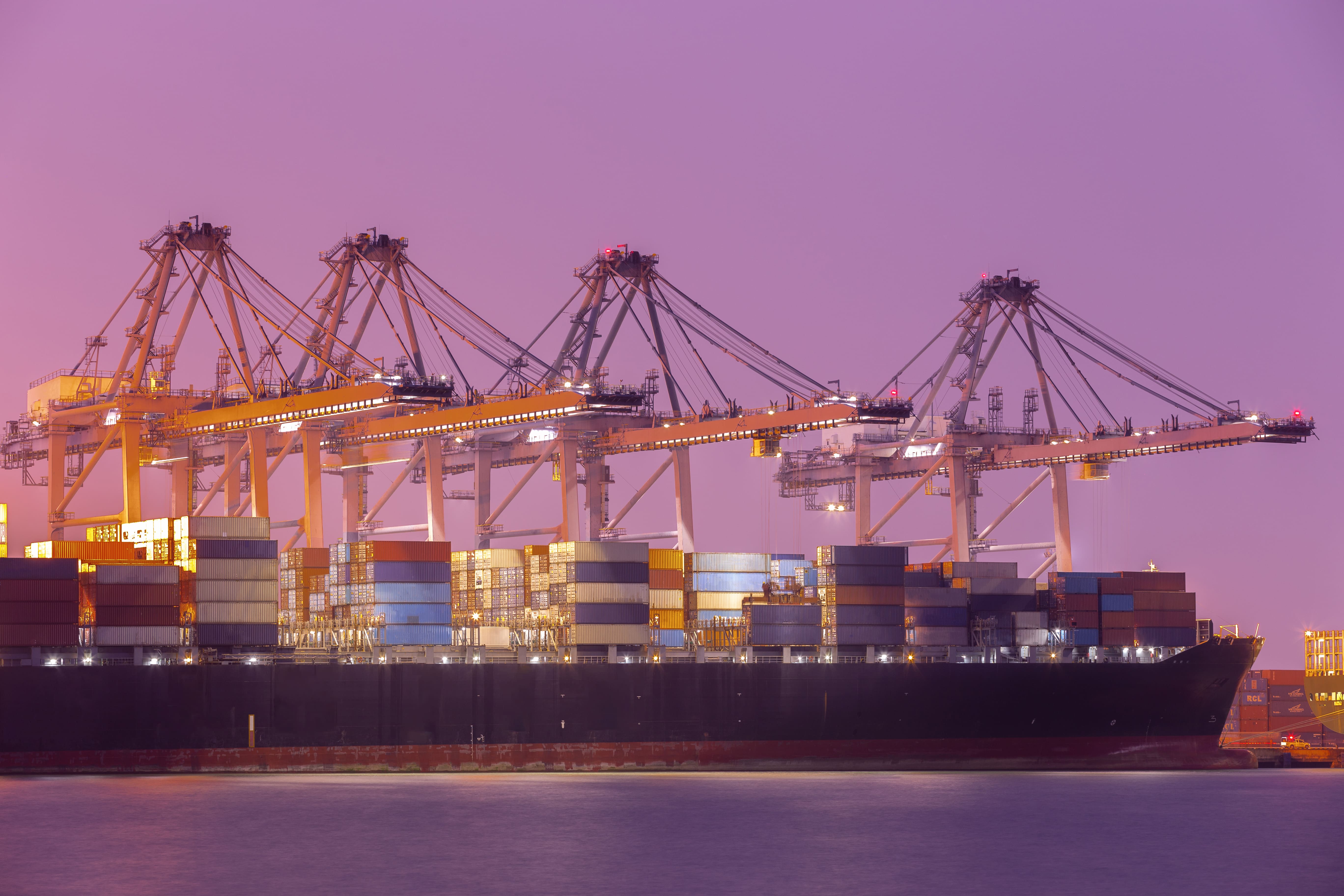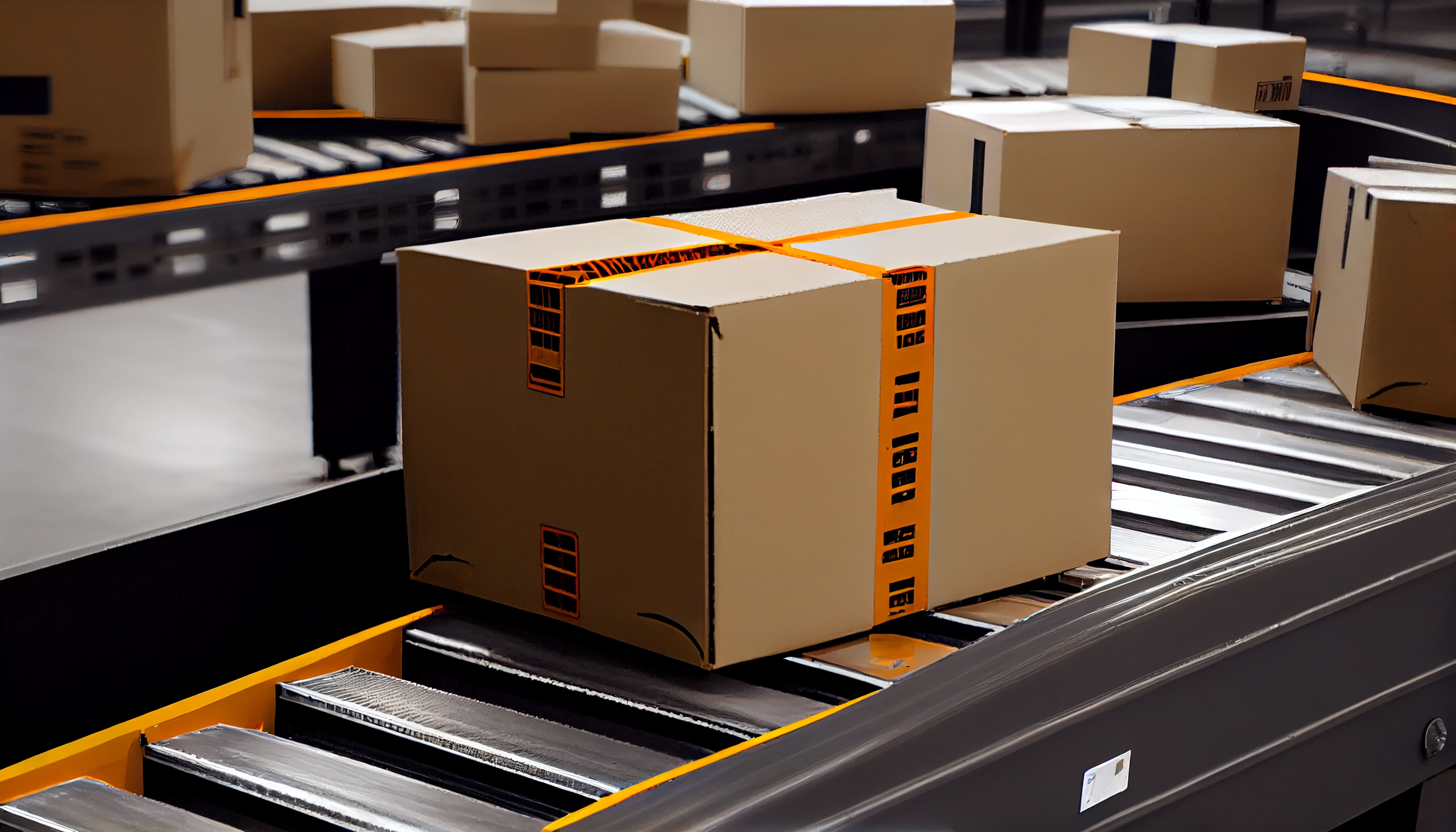Export/Import Procedures in International Trade

Customs clearance and export/import procedures in international trade can be quite complex, but generally include the following steps:
Market Research and Planning: Conduct market research on the countries you intend to export or import to. Identify the markets where the product or service you are interested in is in demand and create an appropriate trade strategy.
Documentation and Licences: Export and import transactions usually require documentation and licences. For exports, it is important to prepare documents that meet the requirements of the country where your product will be exported. For imports, it is important to obtain the necessary documents that meet the regulatory requirements of the product to be imported.
Customs Procedures: Customs procedures are very important in export and import transactions. When exporting or importing your products, you have to manage customs duties, customs declarations and other customs procedures. These steps are usually done through customs brokers or carriers.
Transport and Logistics: It is important to choose the appropriate transport methods and make logistical arrangements for the transport of your products. You have to manage the transport process by choosing the appropriate one among different transport options such as sea, air or road.
Payment Arrangements: Payment processes in international trade can be complex. It is important to determine payment terms and provide payment assurance in export and import transactions. Commonly used payment methods in trade include letters of credit, advance payments and open accounts.
Trade Agreements and Contracts: In export and import transactions, it is important to properly prepare and implement commercial agreements and contracts between the parties. These agreements determine the rights and obligations of the parties and ensure the security of commercial relations.
Compliance and Standards: When exporting and importing, you must ensure that your products comply with relevant standards and regulations. This is important for the safety, quality and compatibility of products and can affect their acceptability in target markets.
Each country has its own specific requirements and procedures, so it is important to always act in accordance with local regulations when trading internationally. It may also be helpful to seek professional advice and support from organisations such as local chambers of commerce or foreign trade associations.






